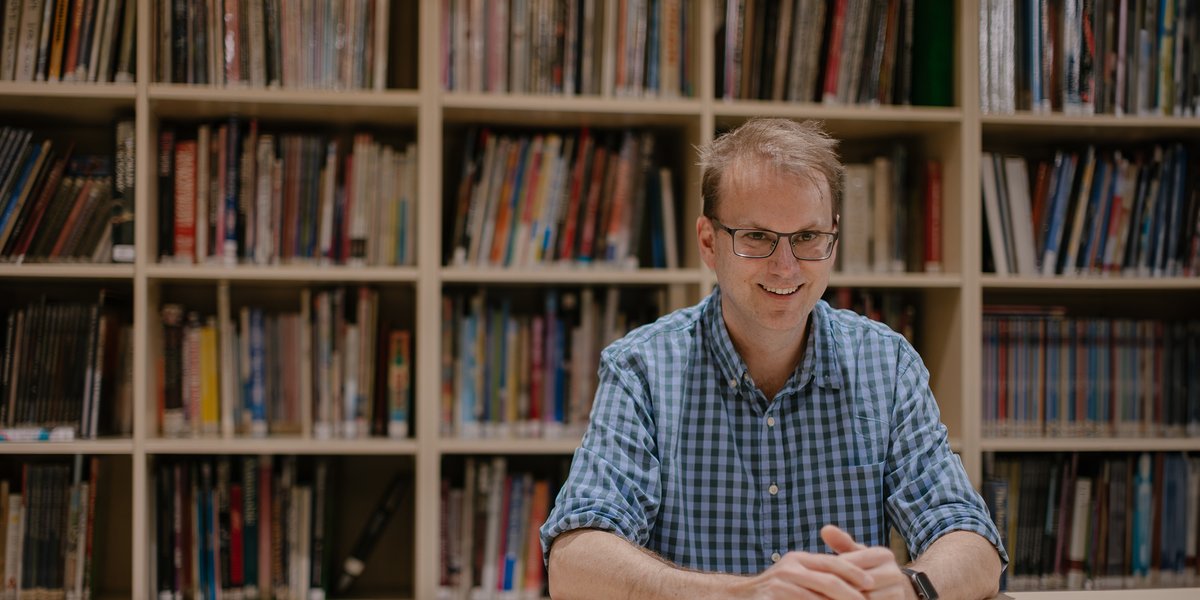David Gration
"A lot of [other] radiotherapy departments are separated, where the medical oncology might be on a different site or completely different ward. Here, we work together very closely."
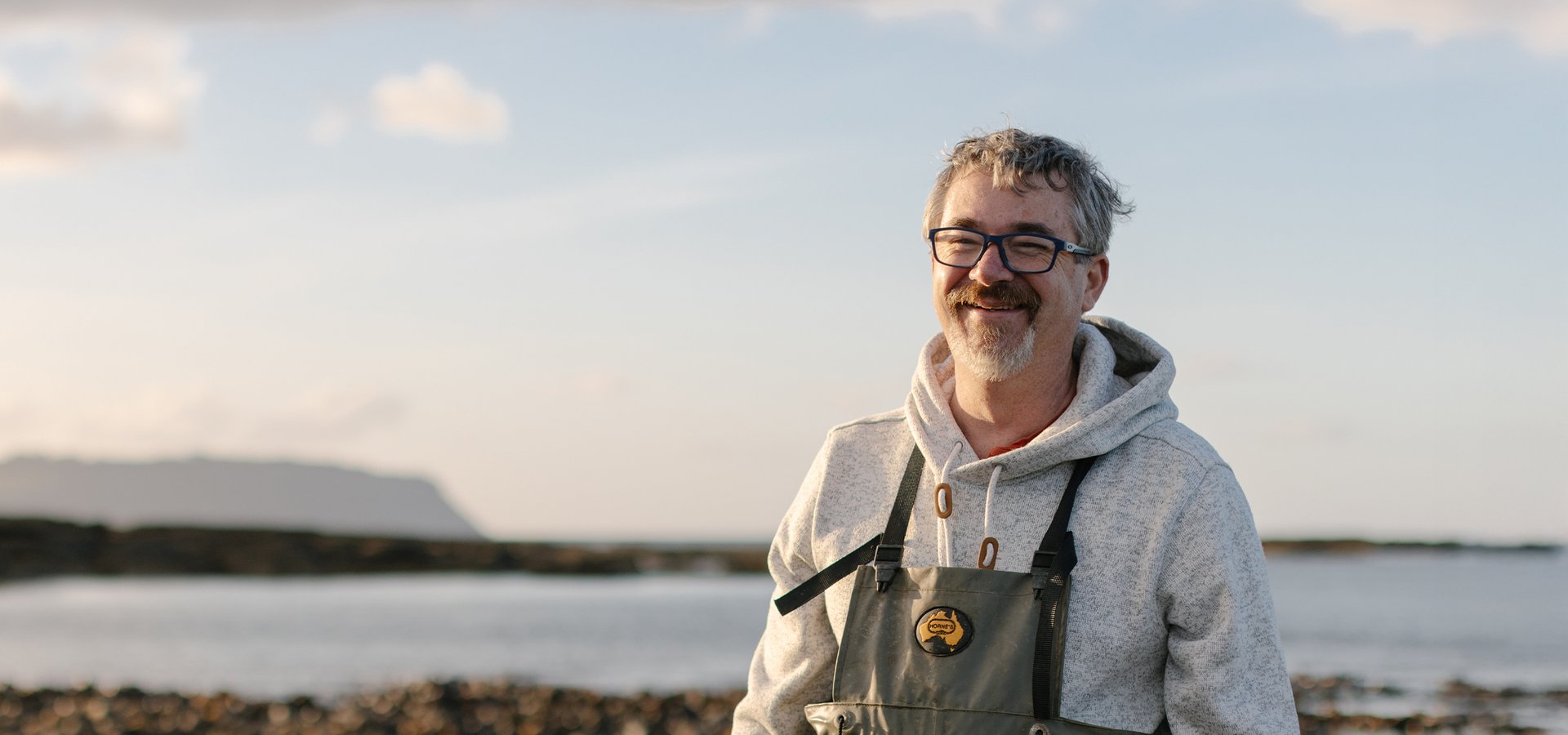
"I [love] building up that rapport that you get with the patients. You make a huge impact on their life in a very difficult time for them, and you're a support to them in that way. That was the reason I did radiotherapy."
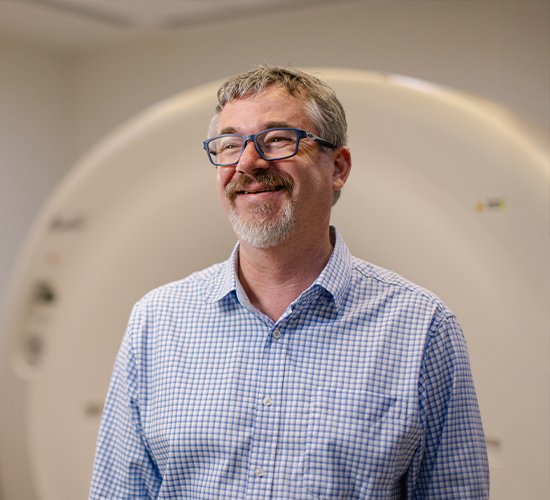
Before moving to Tasmania, David Gration didn’t have much time to spend with his children.
He lived on the outskirts of Gippsland in Victoria and commuted between hospitals in Melbourne and Traralgon, 160 kilometres apart. Every working day he would endure the notorious congestion of the Monash Freeway, one of Australia’s busiest routes. “Anyone that lives out that side of Melbourne knows it's like a car park most mornings,” Dave remarks. “I'd be leaving home at half past five in the morning and getting home at seven, after dinner.”
With this hectic schedule affording him little time to spend with his family, Dave and his partner Cheryl began contemplating a change. Perhaps, they thought, it was time to slow things down, and he had a destination in mind. “I've always loved Tassie,” he says. “I did my internship in Hobart, and I always wanted to move down here.”
The family took a holiday to Tasmania. They spent a couple of weeks exploring the island with the aim of testing the waters. Would this be a suitable place for them to live? On a drive up the Midland Highway towards Devonport, Dave suggested to Cheryl, “You know, there's a new department opening soon over in Burnie. Should we go and have a look at Burnie?” And she said, “Nah, don't worry about it. We’re not going to go over to Burnie.”
They ended up moving to Burnie.
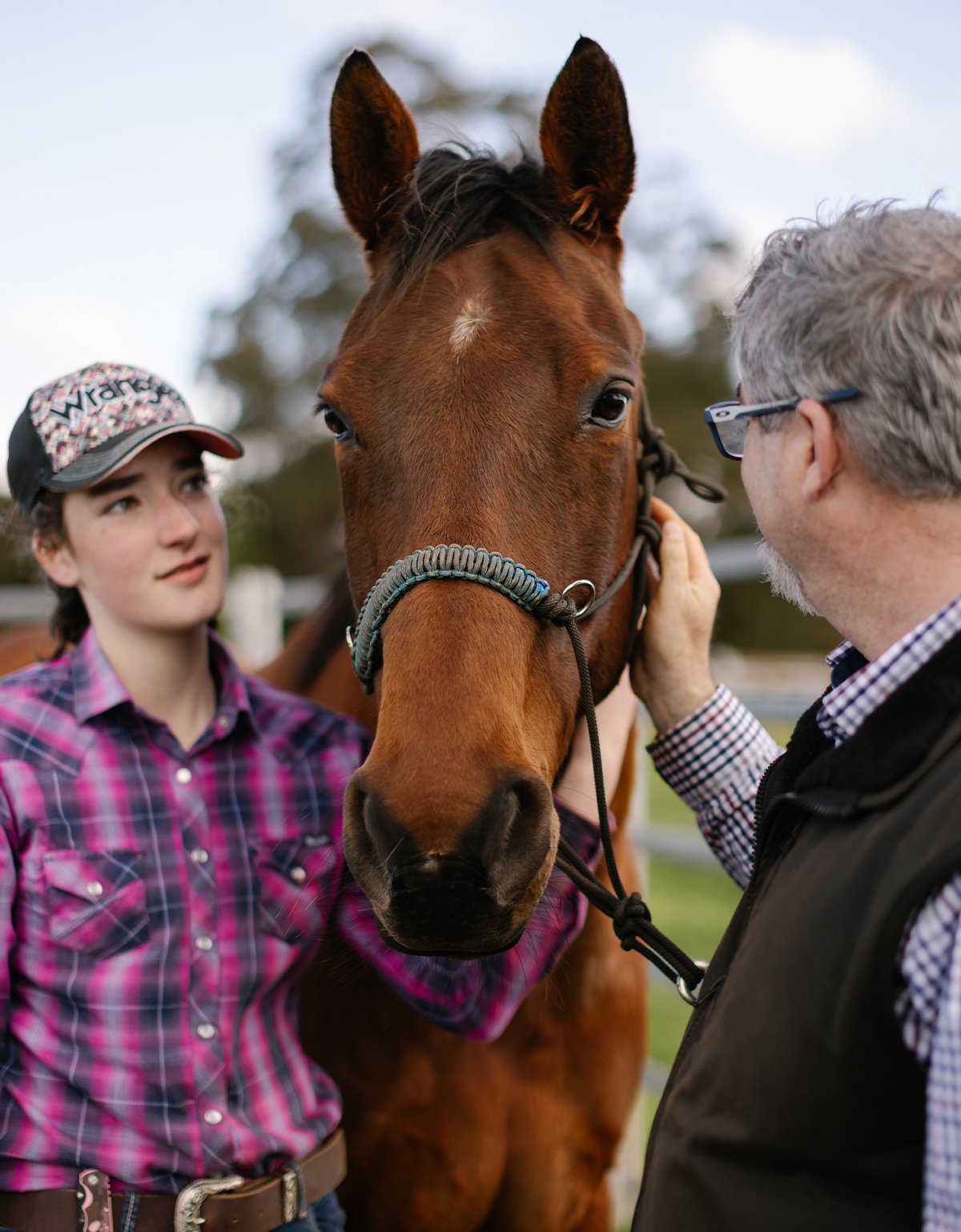
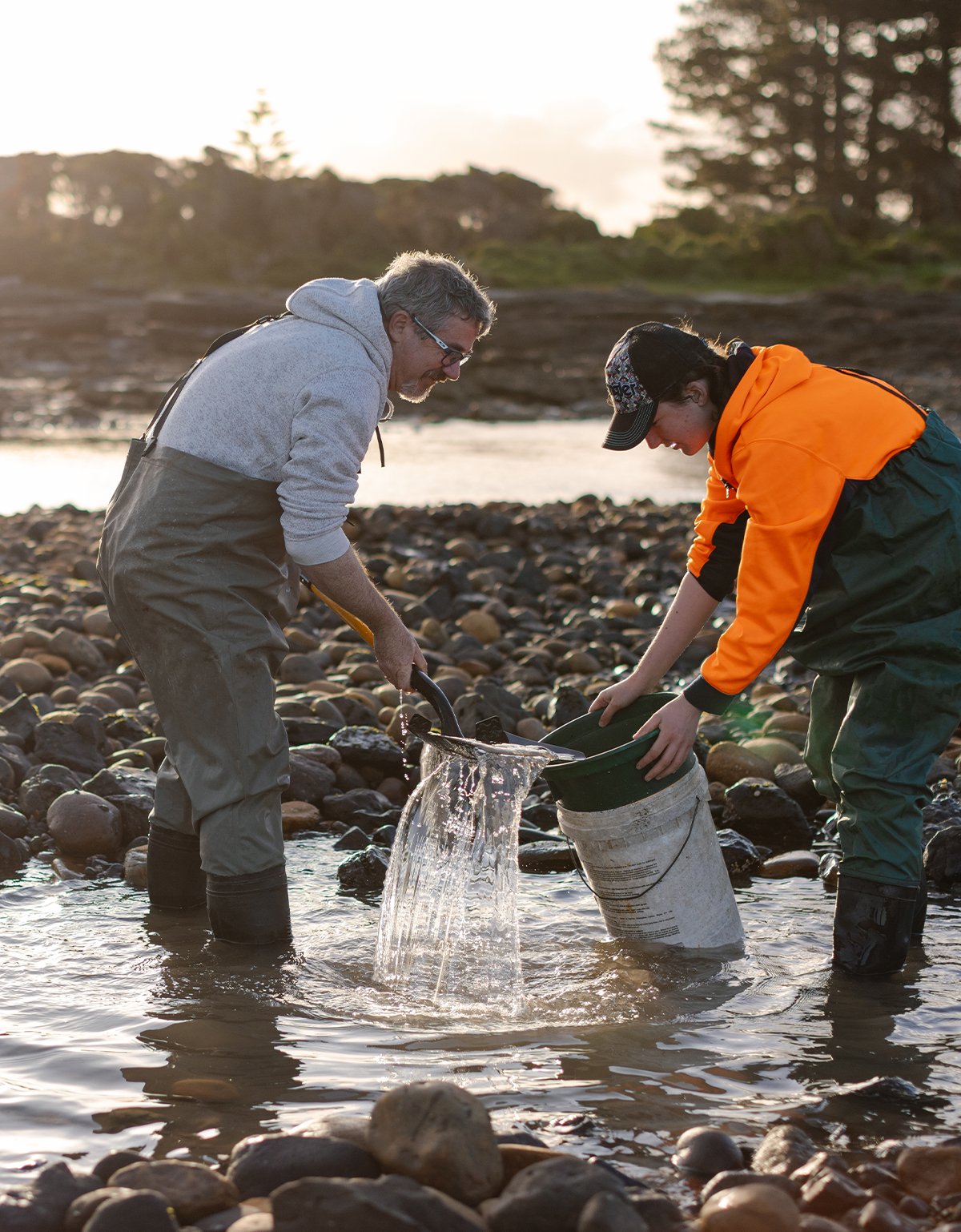
People care about each other. You go down the street, and people say, ‘G’day.’ The customer service is there. The politeness. Those elements of care.
The new department was in radiotherapy at the North West Cancer Centre, part of the North West Regional Hospital. Despite having never visited Burnie before, Dave and his family decided to take the plunge.
They settled into a charming house on 10 acres of land in the countryside. The changes in Dave’s work commute were immediate, dropping from hours on a freeway to just a 15-minute drive. Being able to work in a substantial hospital while living in the country was a dream come true. As Dave puts it, “Where else can you do that?”
They quickly embraced the Tassie lifestyle. From falling in love with the spectacular scenery of the country and coastline, to being part of a close-knit sense of community. “People care about each other,” Dave observes. “You go down the street, and people say, ‘G’day.’ The customer service is there. The politeness. Those elements of care. And that's even evident within the hospital. If you walk through the hospital, other staff say ‘G’day’ to you. They know you well. You know them. And that's not present in a lot of bigger hospitals.”
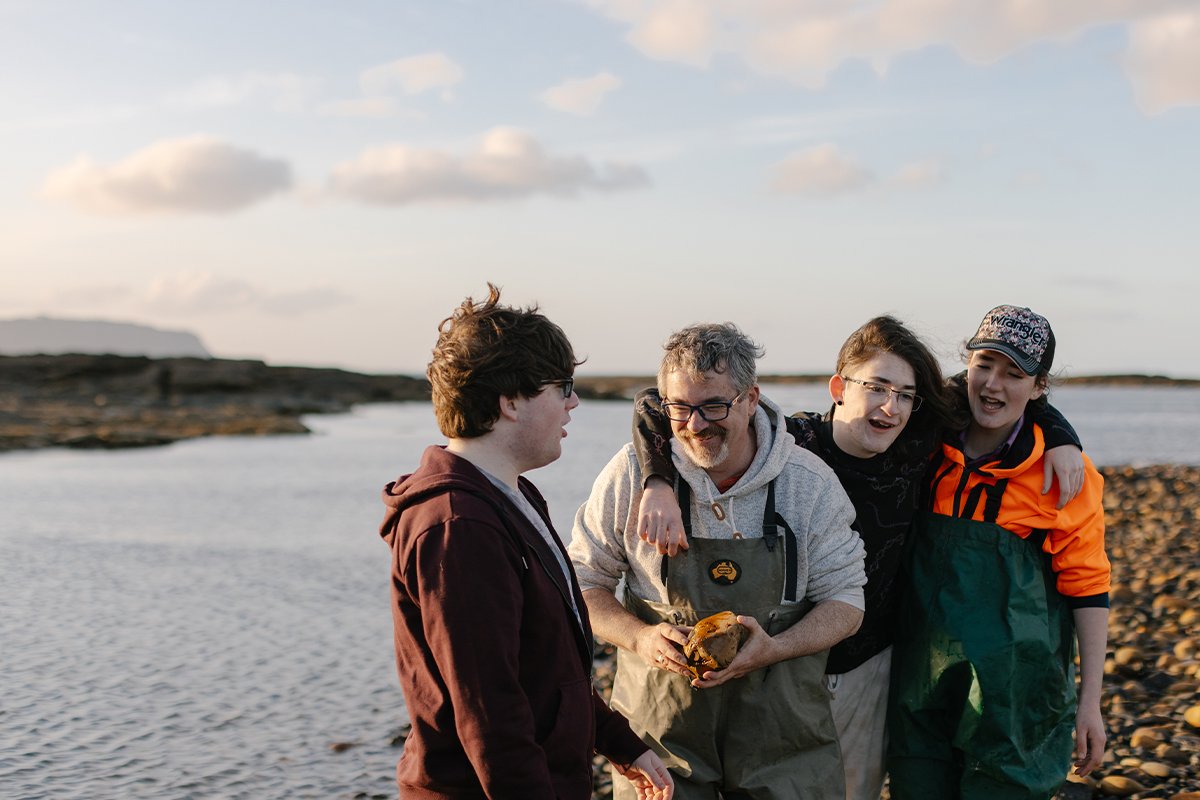
At the North West Regional Hospital, Dave feels connected. The smaller team allows him to build closer friendships with colleagues. He has more time to engage with the parents of his children’s friends. Through playdates and birthdays, he found common interests with the fellow parents and began enjoying activities like fishing and barbecuing with them. “We found it easy to get to know people through the kids.” Dave and his family became part of the community.
As a radiation therapist, Dave works closely with radiation oncologists to plan and administer cancer treatments. His role involves spending extensive time with patients, often seeing them 30 to 40 times throughout their treatment, which enables him to build closer bonds with the people he cares for. “That’s why I got into the field, because I loved building up that rapport that you get with the patients,” he says. “You make a huge impact on their life in a very difficult time for them, and you're a support to them in that way. That was the reason I did radiotherapy.”
Dave says working in a smaller hospital allows for more holistic care. His role in radiotherapy is closely coordinated with medical oncology, so they can provide more comprehensive care to patients at the one site. “A lot of radiotherapy departments are separated quite a bit, where the medical oncology might be on a different site or completely different ward within the hospital. Here, we work together very closely,” Dave explains. “The whole hospital works together to support each other.”
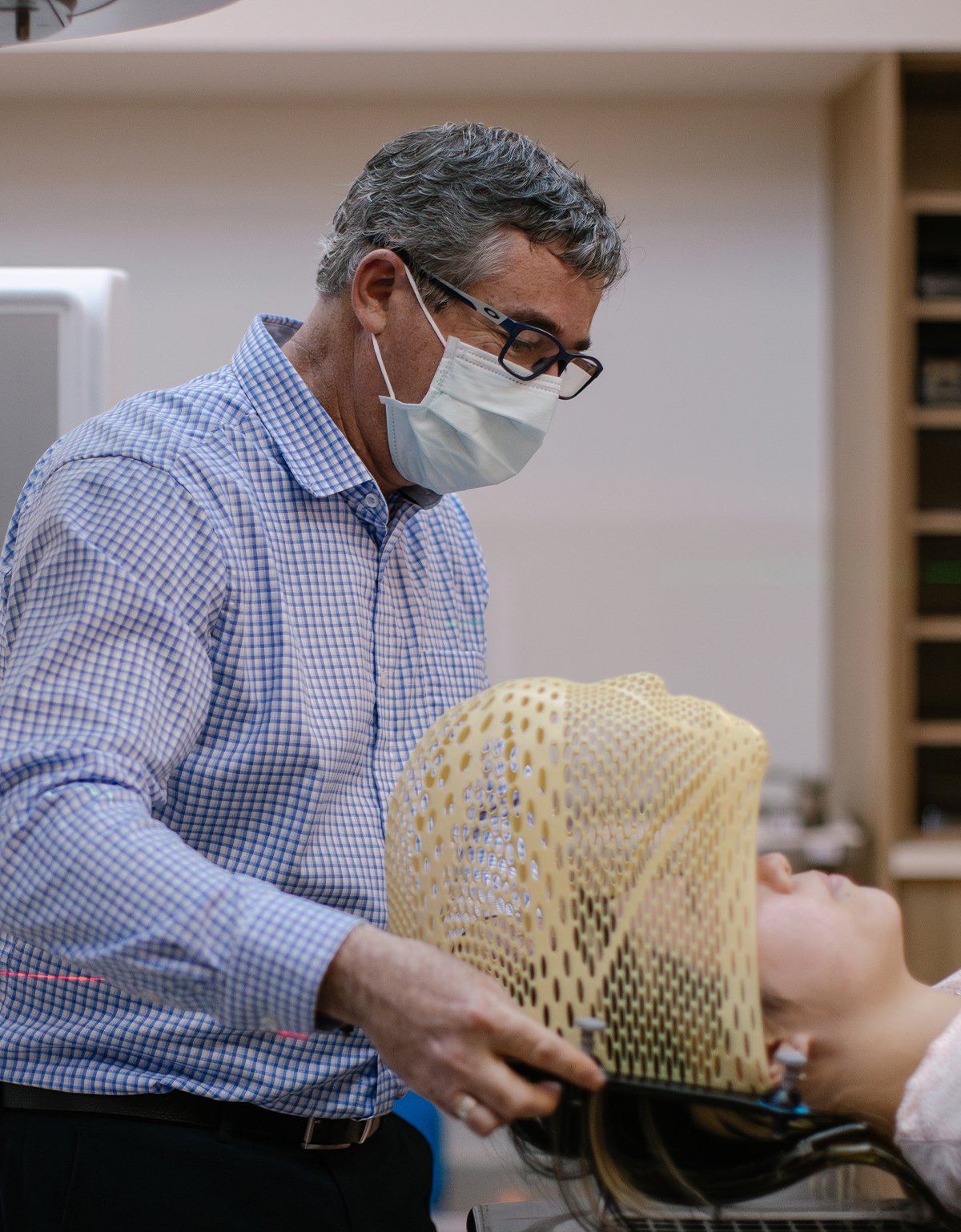
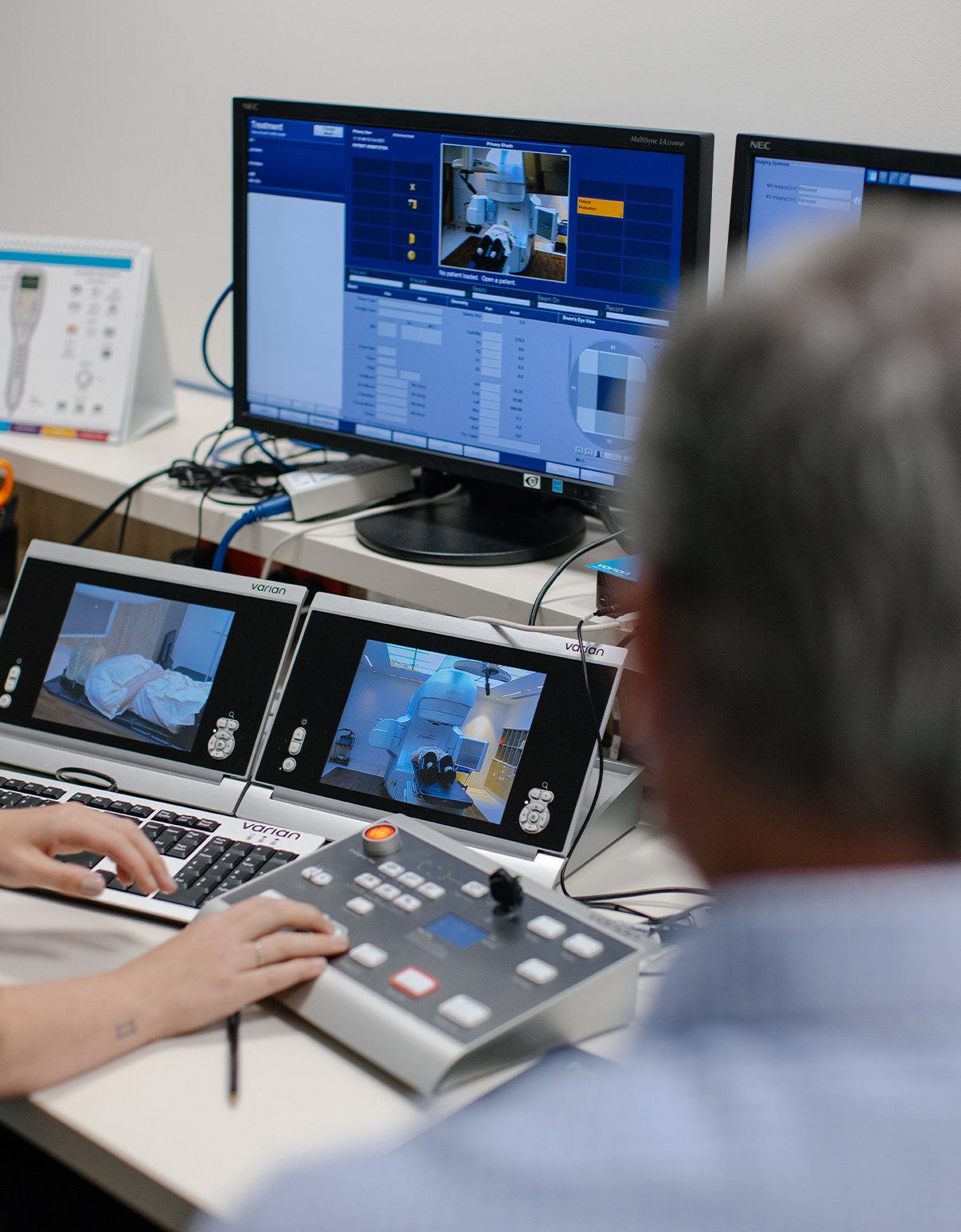
Along with the unexpected perks of moving, Dave has found exactly what he was looking for in Tasmania. “The amount of family time that I get with the kids now is awesome,” he says with a grin. “They love it over here, they have been really blessed to grow up in this region. I've been able to be involved in their hobbies, they've enjoyed horse riding, they enjoy getting out on the beach. After moving here, I discovered that you could find gold right on the beach, just five minutes from home! That was a thrill.”
His children have adjusted well to living in Tasmania. His daughter has a vibrant social life and has taken up horse riding on the property. Because of her, Dave says, “We know everyone in Burnie and Wynyard”. His two sons, meanwhile, enjoy their friendships and local clubs.
As for Dave, his hobby of choice is fishing, which he couldn’t fully enjoy in Melbourne due to the crowded jetties. “The good thing with Tassie is there’s so many spots,” he says. “I enjoy the solitude of sitting, and I don't care if I catch anything or not. I just like sitting there and relaxing.”
Embracing this new pace of life, he dropped the “David” name he had in the big city, to become known simply as Dave. He found meaning in Burnie, a new lifestyle with increased family time and a more integrated and supportive work environment. “It’s slower, but in a nice way,” he says. His advice for those considering a similar move? “Bring some warm clothes!”

We worked with southern Tasmanian writer Peter Burt, north west Tasmanian photographers Moon Cheese Studio, and Southern Tasmanian videographer Bree Sanders for this Tasmanian story.
Read about more Tasmanians
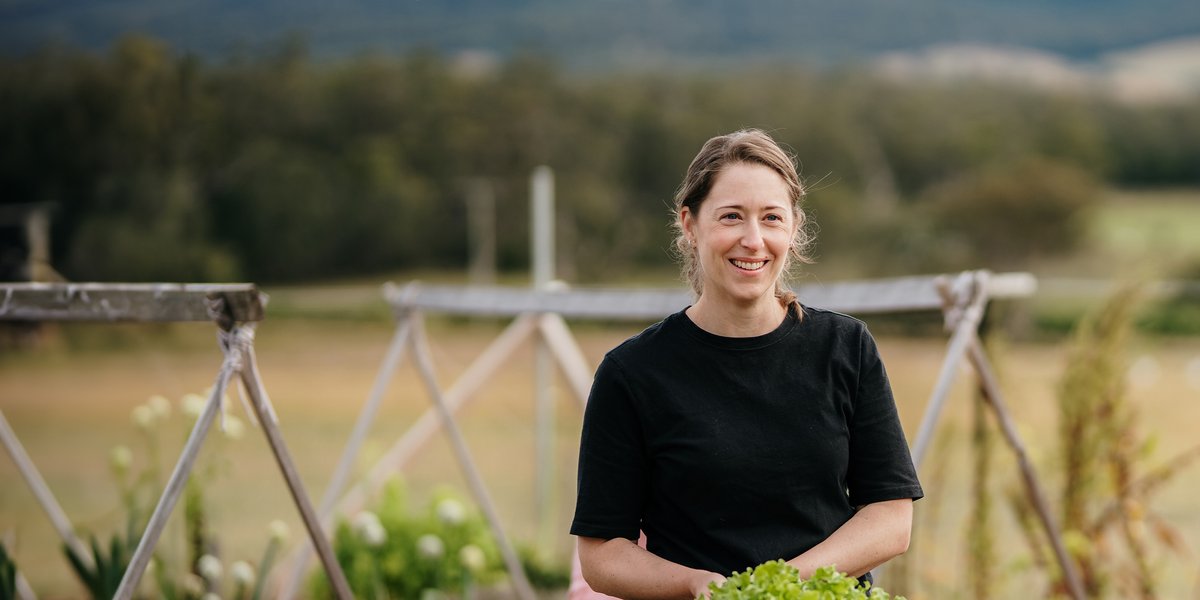
Kate Jensen
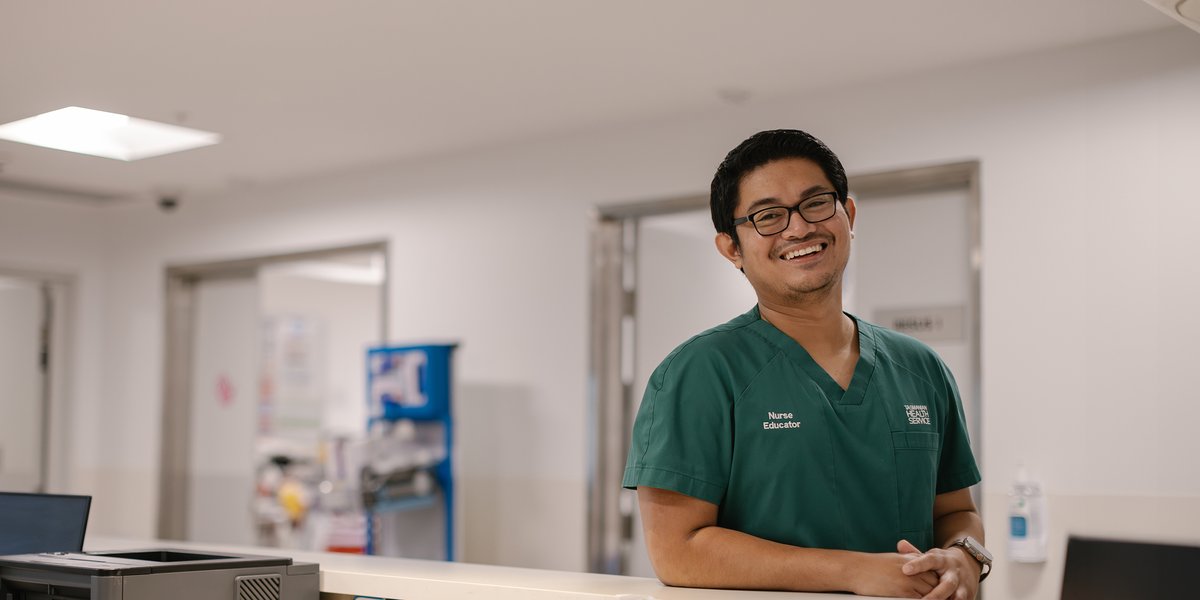
Sian Tiangco
